The Epicurean Flow of Happiness
Challenge,
Explore &
Expand
Your
7 Senses
…
During this Experiential Workshop…
your 7 Senses will be Challenged, Explored, & Expanded
allowing you to experience the Flow of Happiness.
…
This weekend course will fully embrace the beautiful, natural environment in and around Hermance. Experiential activities will take place both inside and outside, both in the garden on Strawberry Hill and in the nature reserve along the Hermance River.
…
Experiential activities will challenge each of your 7 Senses and expand your concept of reality
…
Activities will include individual and group experientials…
-
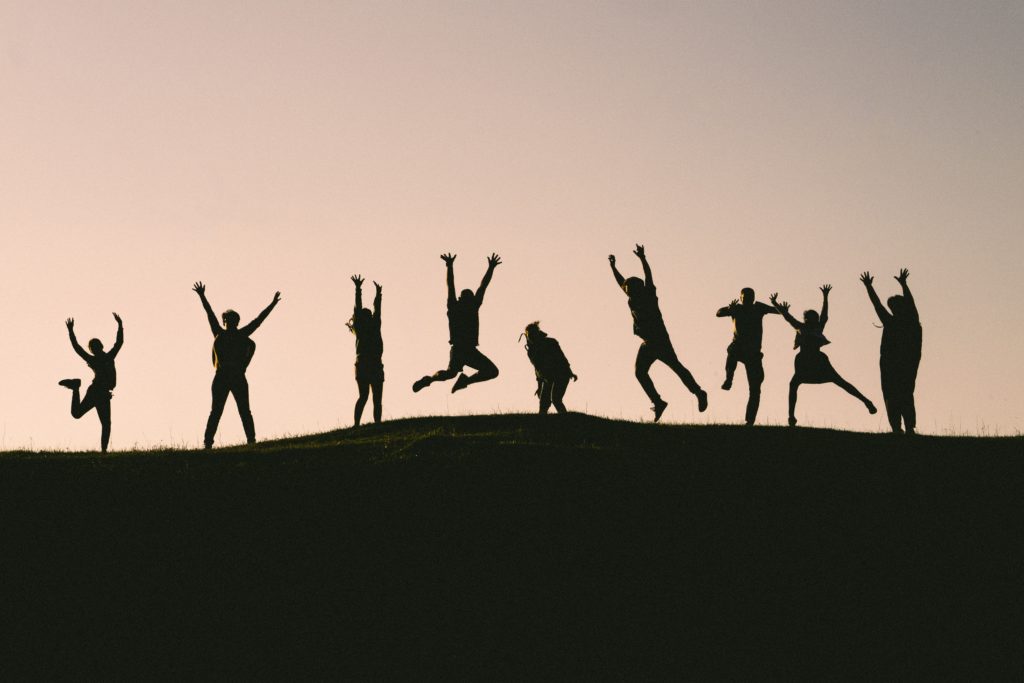
Playing -
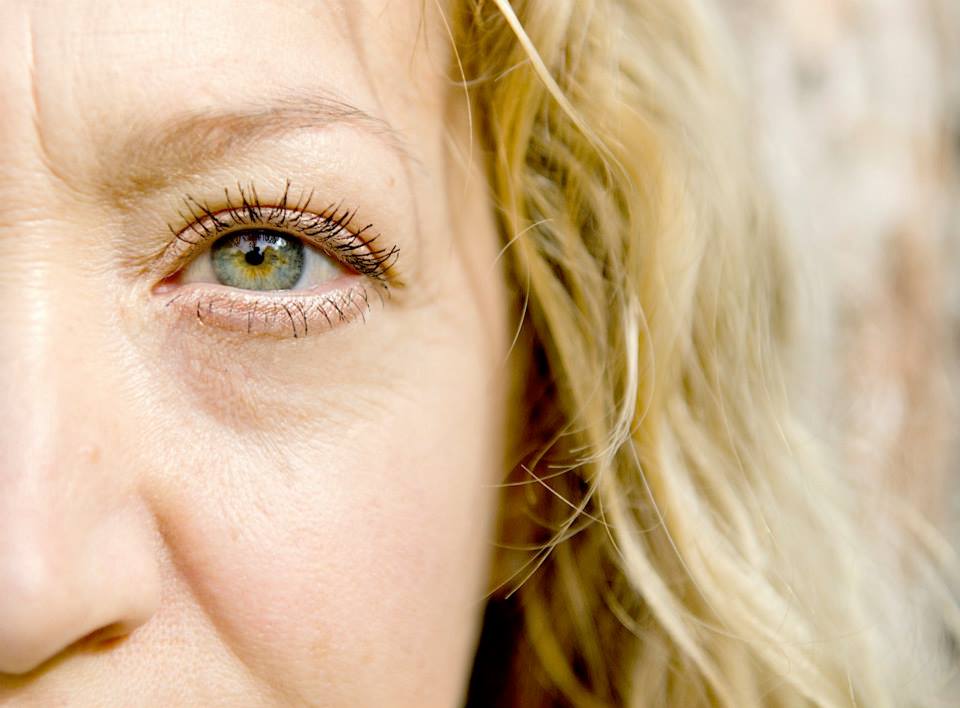
Looking -
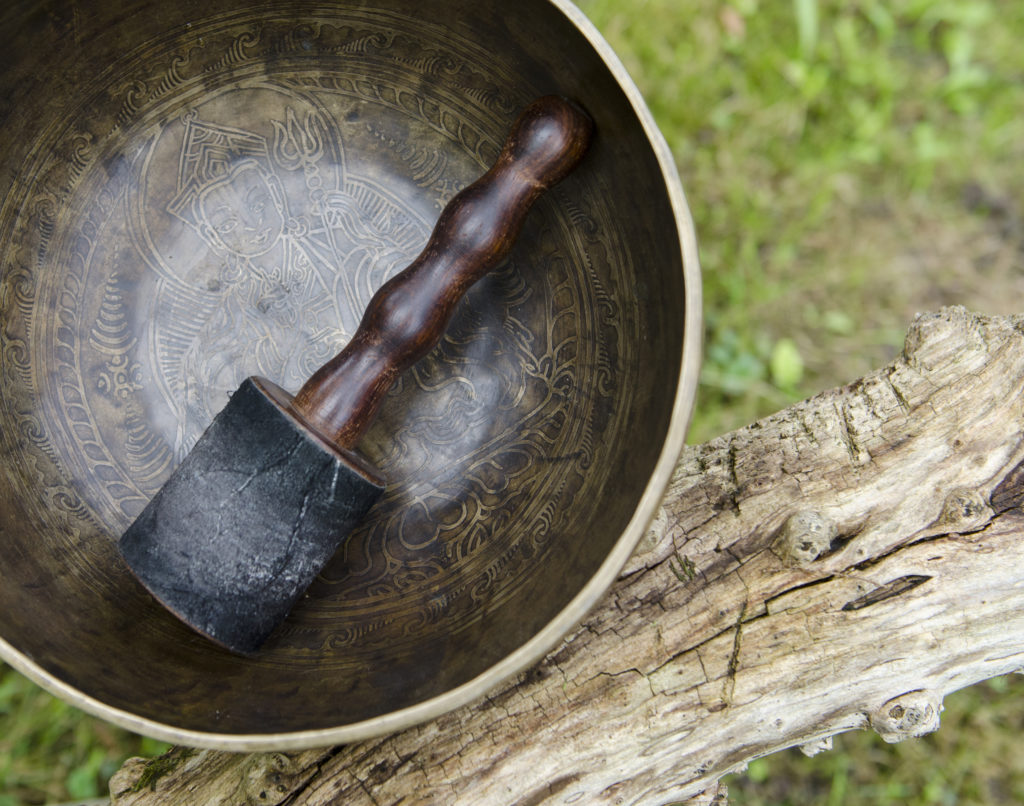
Listening -
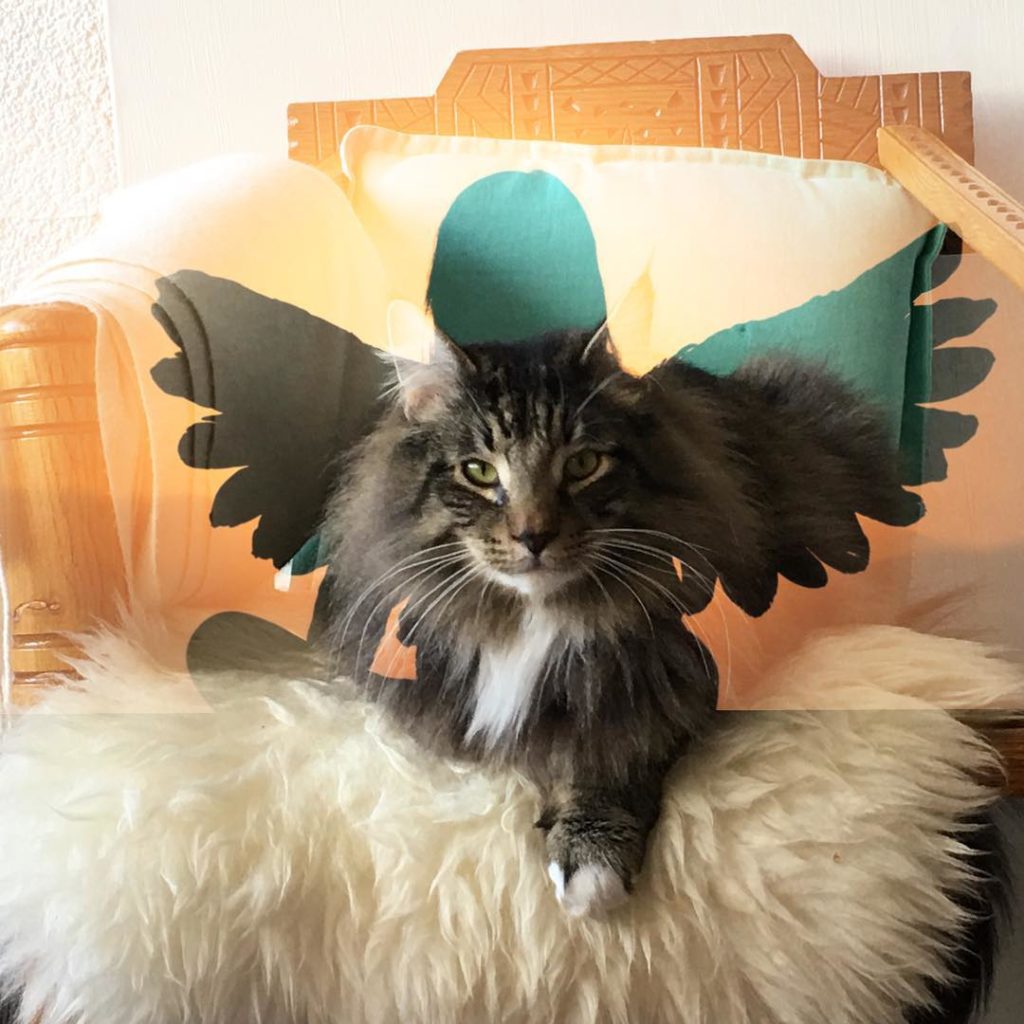
Visualizing -
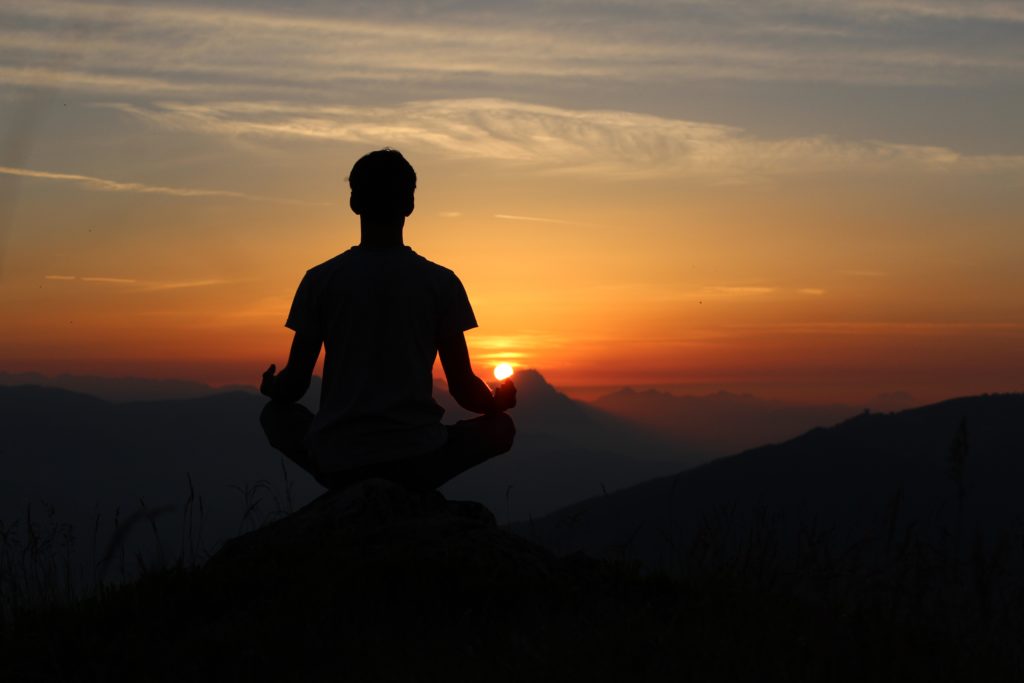
Meditating -
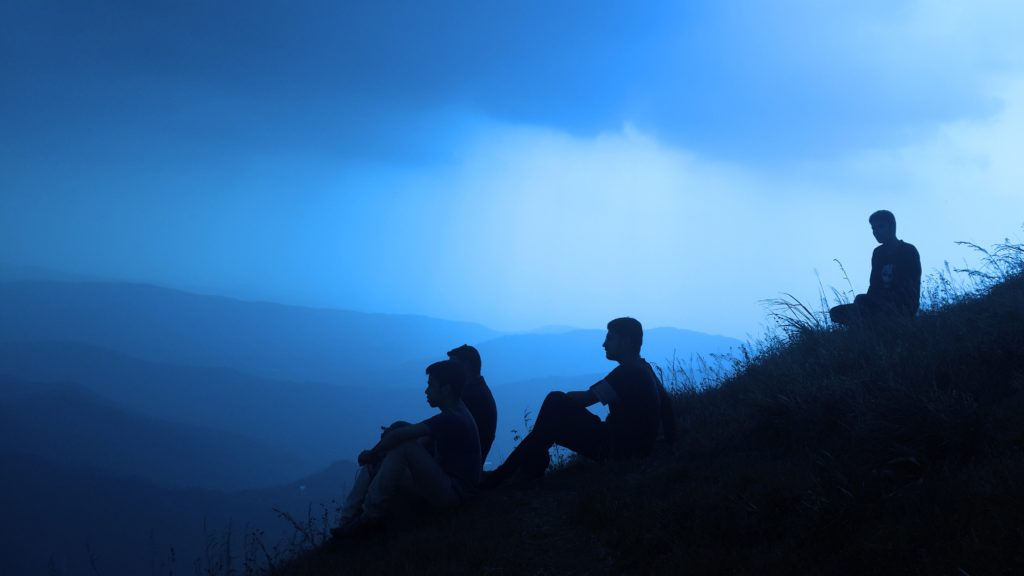
Contemplating -
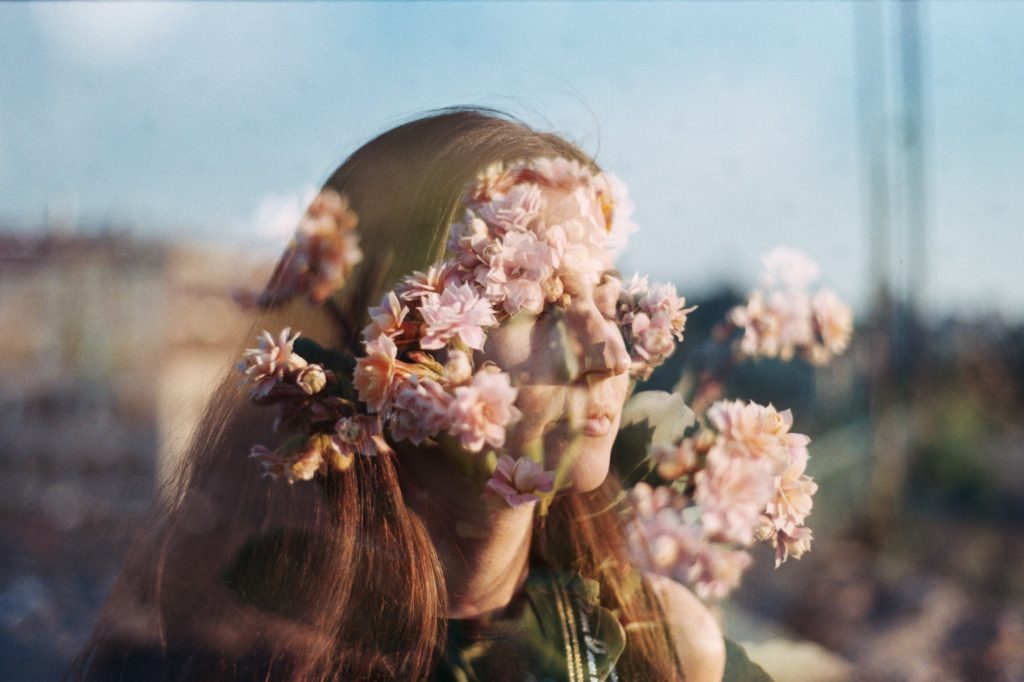
Smelling -
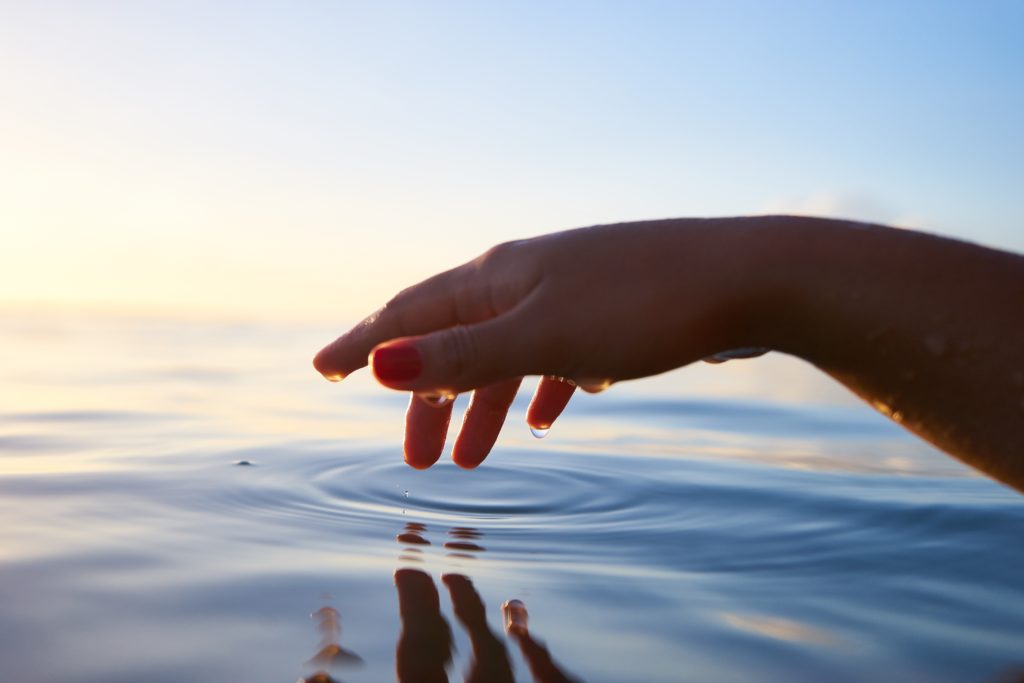
Touching -
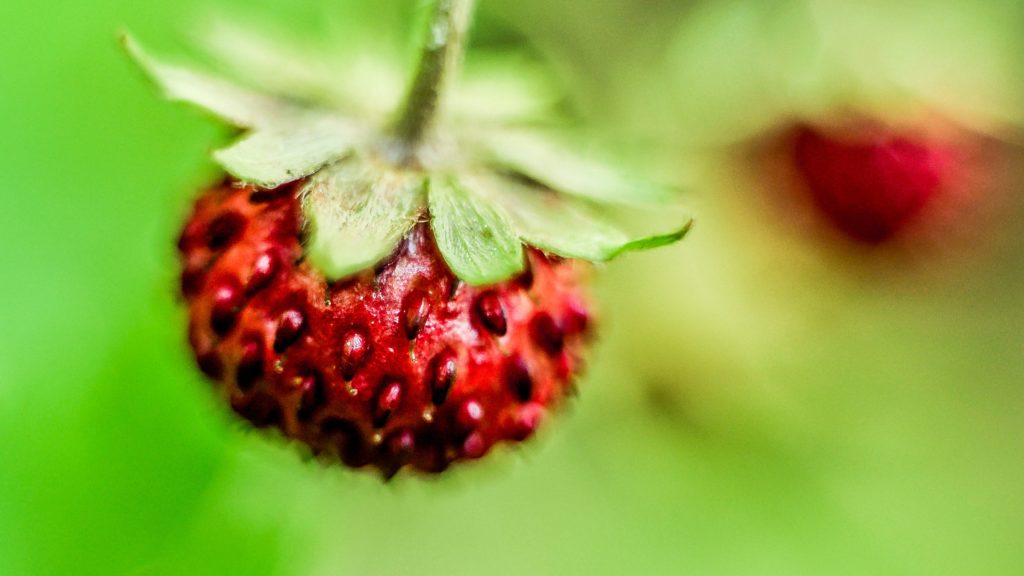
Tasting -
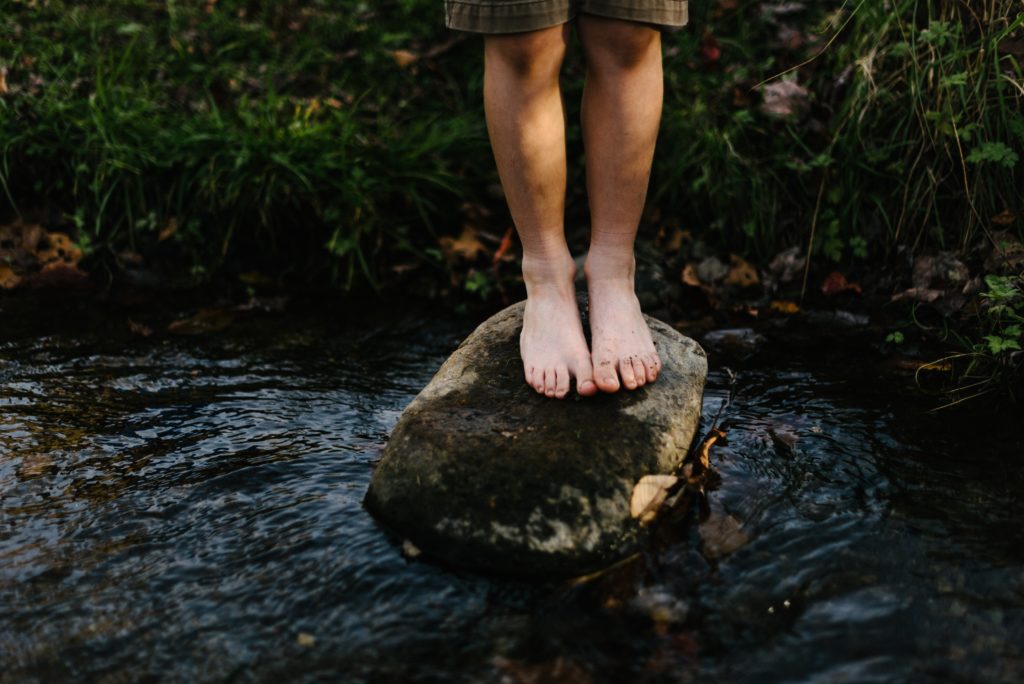
Balancing -
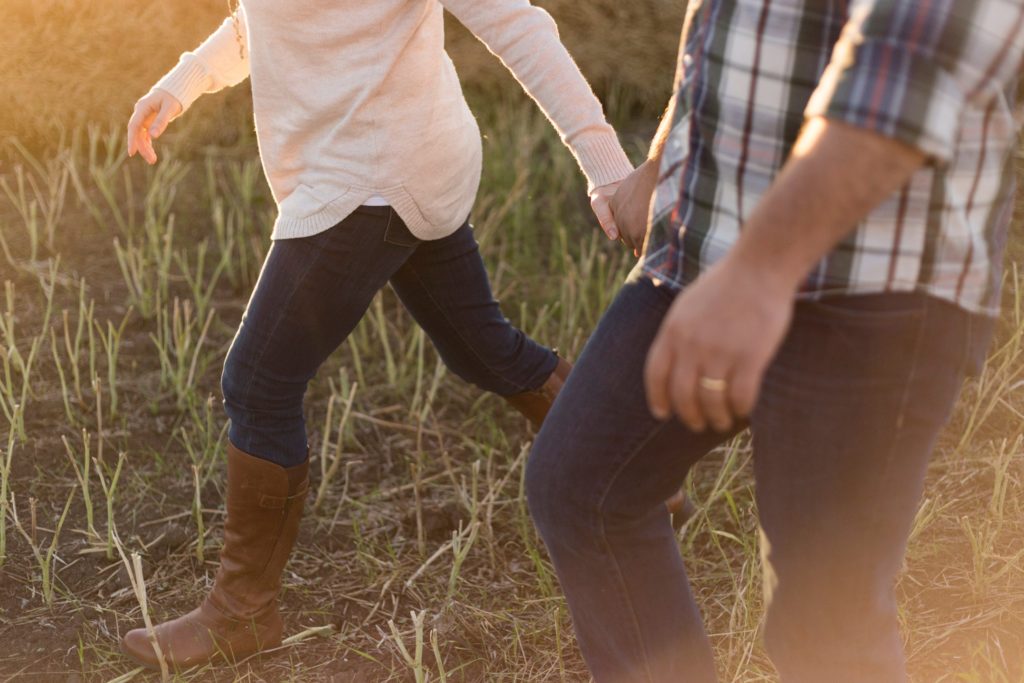
Walking -
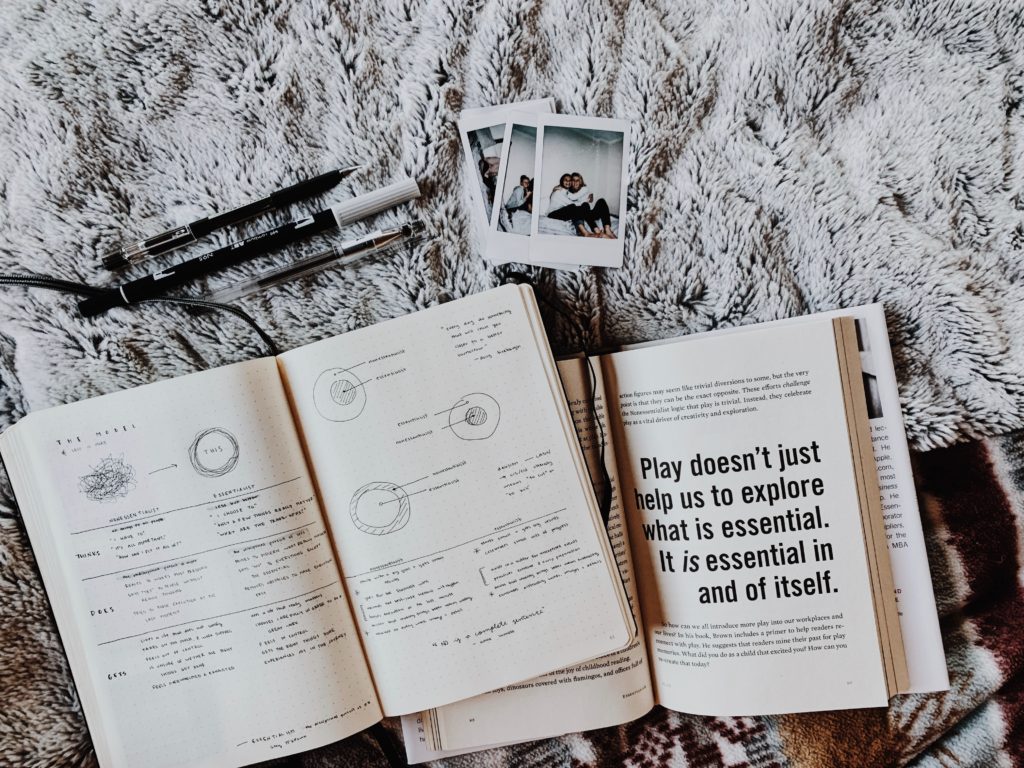
Journaling
We will journey together into the realm of embodied, pleasurable existence. You will learn how to better connect with each of your 7 Senses, how to develop each of them in turn, and how to loosen your attachment to a mind- or ego-centered existence and begin to enjoy the Epicurean Flow of Happiness.
We will explore Epicurus‘ notion of Happiness, Abraham Maslow’s theories on Peak and Plateau Experiences, David R. Hawkins‘ Levels of Consciousness and Attractor Fields and Mihaly Csikszentmihalyi‘s theory on Flow in his study of Happiness and Optimal Experiences. (No prior knowledge of these theories is necessary!)
Ideas similar to Flow have been recognized throughout history and across cultures. Vedas – the sacred texts of the most ancient Hindu philosophy – speaks about dhyana (meditation) in Karma (actions) which details the importance of forgetting time and space and going beyond the mind. Hindu texts on Advaita philosophy, such as Ashtavakra Gita, and the Yoga of Knowledge, such as Bhagavad-Gita, refer to a similar state. Also Buddhism, an offshoot of Hinduism, and Taoism speak of a state of mind known as the “action of inaction” or “doing without doing” (wu wei in Taoism) that greatly resembles the idea of Flow.
Our Senses never deceive us, and yet we are so disconnected from them. We have become programmed by society, by our addiction to virtual pleasure offered by technology and by our mental attachments to our fears, frustrations, and anxieties. We spend more time in our minds than in our physical body. Epicurus believed that through our senses, feelings and dreams, we can achieve the summit of human experience, known in Flow as Optimal Experience, and participate fully in simply “being.”
Register Now!
Price: $400 or SFr. 400 including homemade vegetarian lunch for groups of 4 or more.
Private course can be organized.
Location: Sedona, Arizona or Geneva, Switzerland
…
Your Weekend Facilitators
-
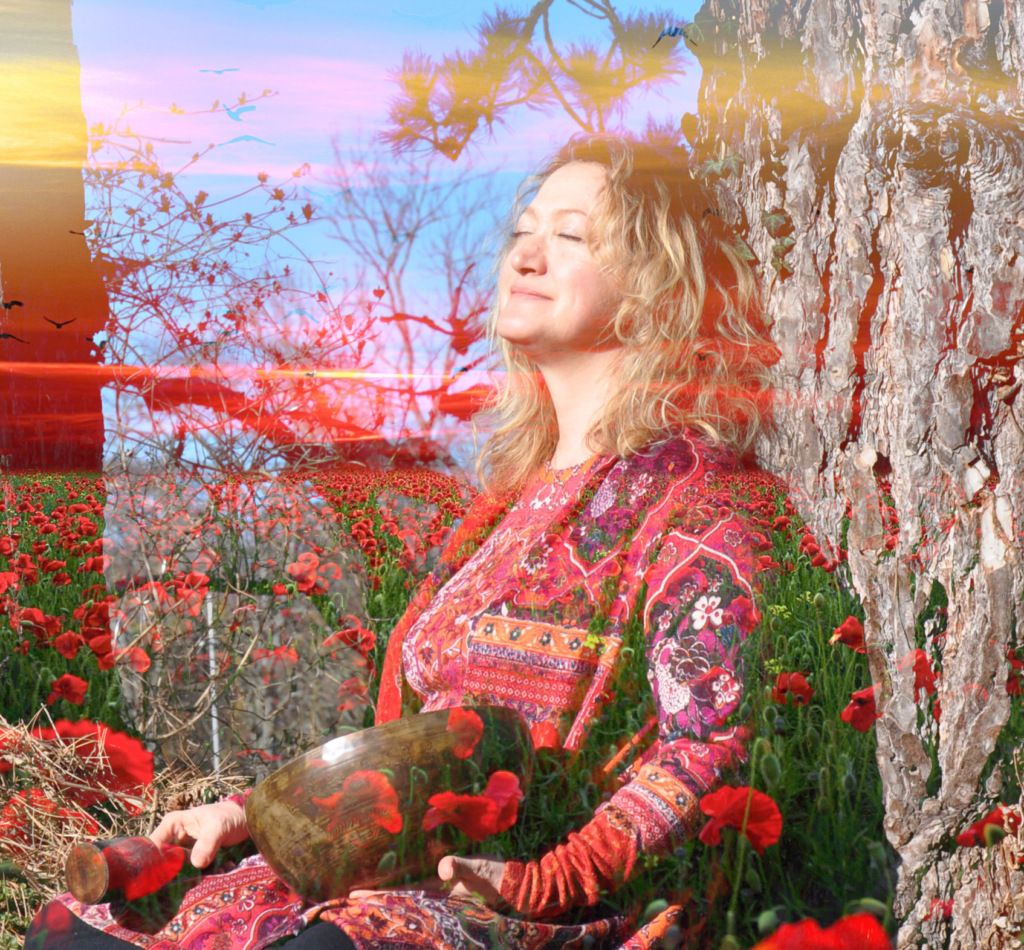
Melina
your State of Flow Guide -
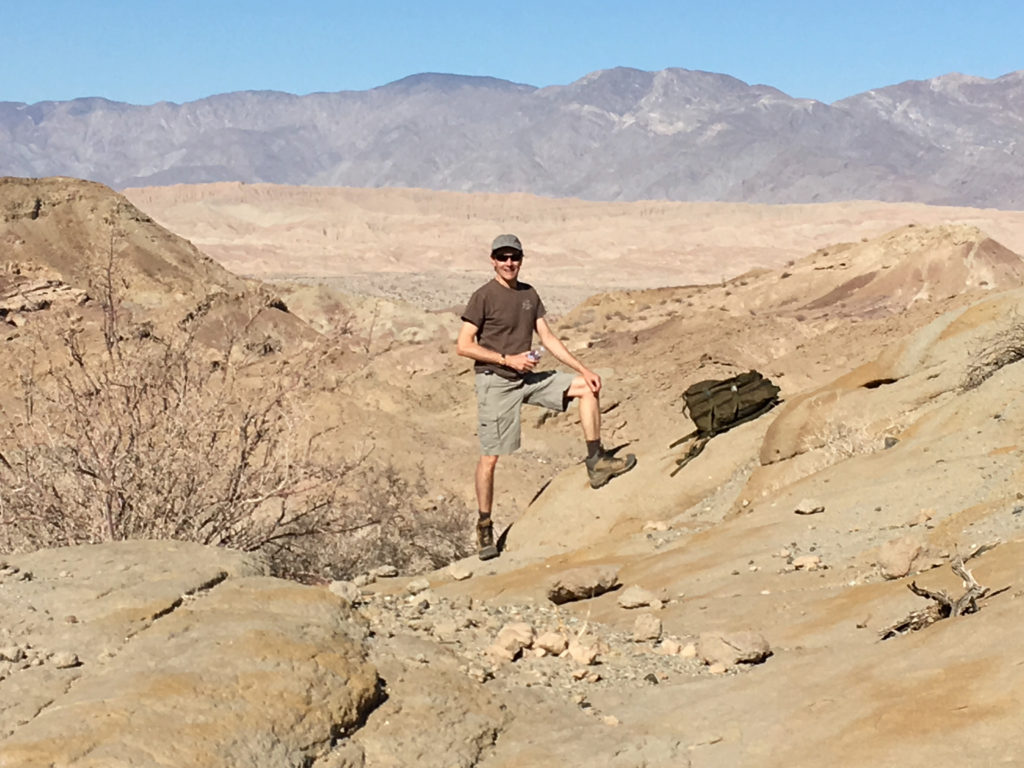
Marc
your Nature Guide
…
More on Flow:
Psychologist Mihaly Csikszentmihalyi is more recently famous for his theory on Flow and as one of the pioneers of the scientific study of happiness. He theorizes that happiness is not a fixed state but can be developed as we learn to achieve flow in our lives.
“The best moments usually occur when a person’s body or mind is stretched to its limits in a voluntary effort to accomplish something difficult and worthwhile.”
Mihaly Csikszentmihalyi
The flow state is like a moving meditation. Action and awareness merge when we become totally absorbed in what we are doing under certain conditions. It is when we have all the skills necessary and are able to stretch our abilities to meet the challenge. Time seems to fly. It can also feel like there is no time. We lose all distractions of our ego, fear and self-judgmental thoughts, as we immerse ourselves completely in the activity. This state allows the chi (energy) to flow through the individual and support the movement or task.
In a state of flow, a person is engaged in a challenging task, working away, making progress, while being fully absorbed. Activity and lack of self-consciousness are the key elements of flow.
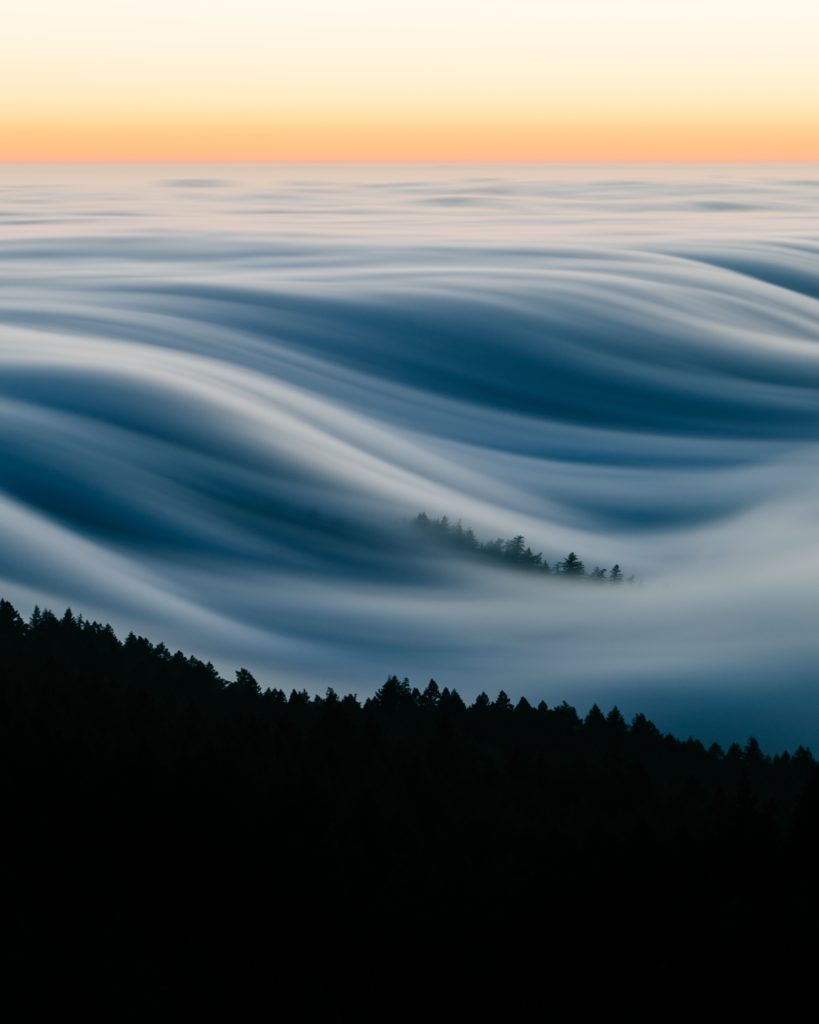
Flow is when you:
- – are engaged in a doable task
- – are able to focus
- – have a clear goal
- – receive immediate feedback
- – move without worrying
- – have a sense of control
- – have suspended the sense of self, and
- – have temporarily lost a sense of time.
Flow is a very embodied state. You are fully in the present moment. Your left- and right-brain are in balance. You are accessing what some people describe as an altered state of consciousness. But, in fact, you are experience your true nature.
When we focus on a consciously chosen goal, our psychic energy literally “flows” in the direction of that goal. This results in a higher state of consciousness that makes what would seem too difficult effortless and allows us to advance into new achievements in our lives.
When you are in a flow state, you are in your natural state of well-being. It is then that divine order and harmony affects all areas of your life and you may experience:
- – harmony and cooperation with everyone around you
- – being highly efficient and productive
- – doors are opened easily for you
- – financial abundance flows easily to you
- – physical pains and conditions have disappeared, the body and mind feel balanced.
More on Epicurus’ Notion of Happiness:
“Not what we have, but what we enjoy, constitutes our abundance.”
Epicurus
Although Epicurus, like most Greek thinkers, believed in the power of reason to guide and control, he held that the feelings and the senses were even more fundamental and natural guides to the good life and happiness than reason itself. Epicurus’s notion of happiness, in fact, has a decidedly Buddhist quality. Happiness is tranquility, and tranquility comes principally from putting aside worldly desires. Epicurus’s ideas about ataraxia – the freedom from mental anguish and disturbance that is required for true happiness – were, in fact, more directly influenced by Buddhist thought than we might imagine for a Greek philosopher of that epoch.
There is nothing more basic or irrefutable than the testimony of the senses – all 7 of them.
“If a person fights the clear evidence of his senses he will never be able to share in genuine tranquillity.”
Epicurus
In other words, a person who doubts his senses (or who is not in contact with his senses or does little to develop them), will either lose contact with the reality of the surrounding world and become psychologically isolated and insecure or he will start to believe all his or her self-limiting and unsubstantiated beliefs.

Explore Your 7 Senses.
…
Happiness Lies Within.
Register Now!
…
During this Experiential Workshop, you will engage fully with your life-enhancing 7 Senses in order to discover the State of Flow and how it can contribute to Happiness in your life.
7 Senses
Your Senses are your link to the physical world. In the modern world, we spend a great deal of time in our heads and are becoming increasingly disconnected from our bodies, our senses and the natural world around us. How developed are your 7 Senses? Join us to challenge, explore and expand them!
1. Vision
2. Hearing
3. Smell
4. Taste
5. Touch
6. Proprioception – Sense of Location
7. Vestibular – Movement or Balance Sense
Your Senses
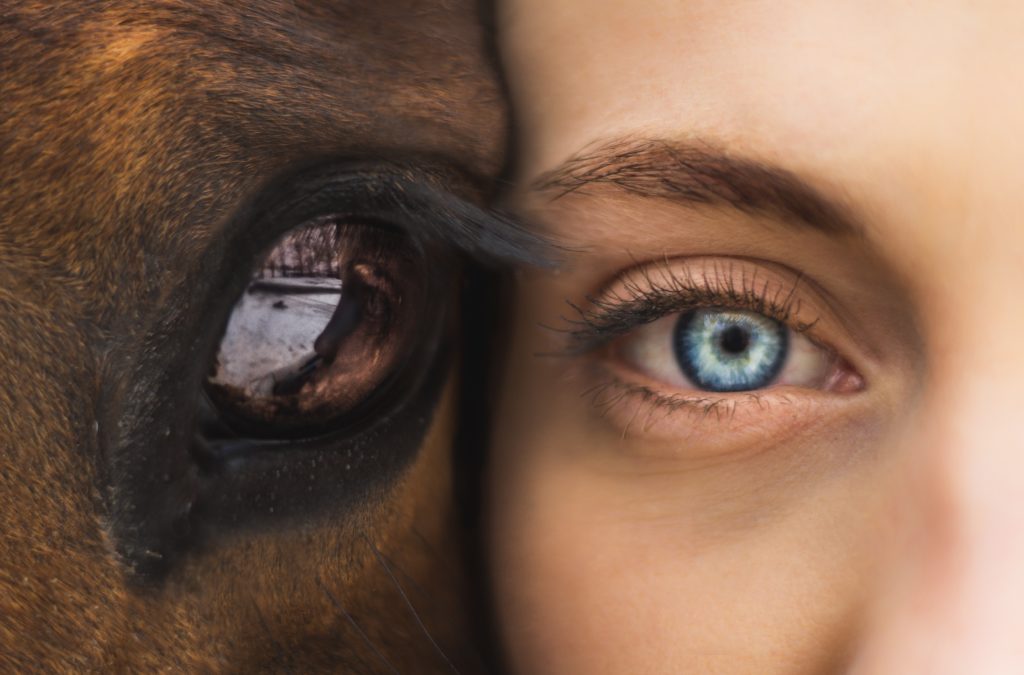
Vision is the capability of the eyes to focus and detect images of visible light and generate electrical nerve impulses for varying colors, hues, and brightness. Visual perception is how the brain processes these impulses – recognising, differentiating and interpreting visual stimuli through comparison with experiences made earlier in life.
Both our physical vision through our eyes and our Internal Vision give us guidance. Without vision our actions are mere impulses, but with vision they become creative acts full of possibilities.
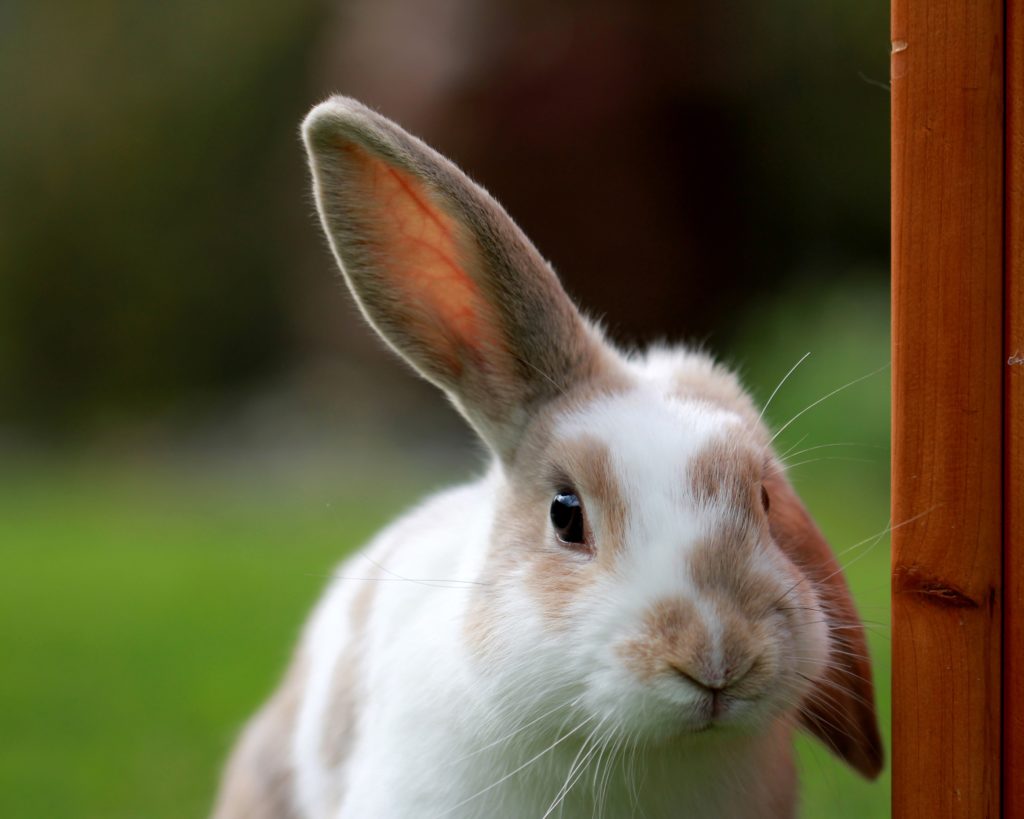
Hearing or audition is the ability to perceive sound by detecting vibrations, changes in the pressure of the surrounding medium through time, through an organ such as the ear. As with sight, auditory processing relies on how the brain interprets, recognises and differentiates sound stimuli.
Active Listening enables another person to have the experience of being heard. We quiet ourselves and turn our entire focus of energy toward the other person.
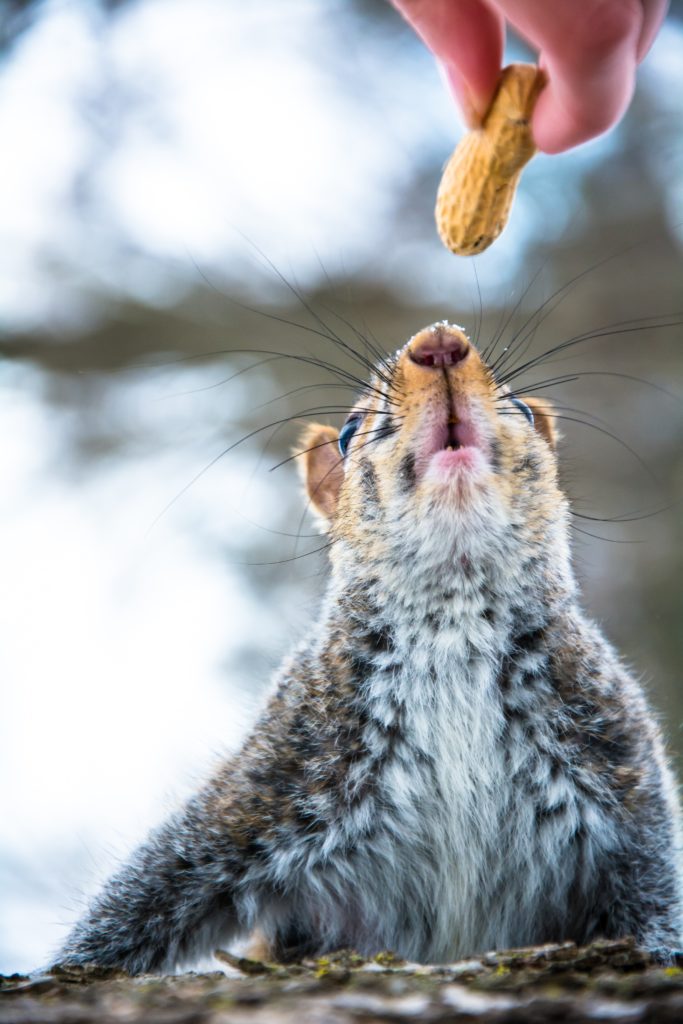
Smell or olfaction is our ability to detect scent – chemical, odour molecules in the air. Our olfactory system begins in our nose which has hundreds of olfactory receptors. Odour molecules possess a variety of features and, thus, excite specific receptors more or less strongly. This combination of excitement is interpreted by the brain to perceive the ‘smell’.
The sense of smell is closely linked with memory, probably more so than any of our other senses. Those with full olfactory function may be able to think of smells that evoke particular memories; the scent of a rose in bloom conjuring up recollections of a childhood visit, for example. This can often happen spontaneously, with a smell acting as a trigger in recalling a long-forgotten event or experience.
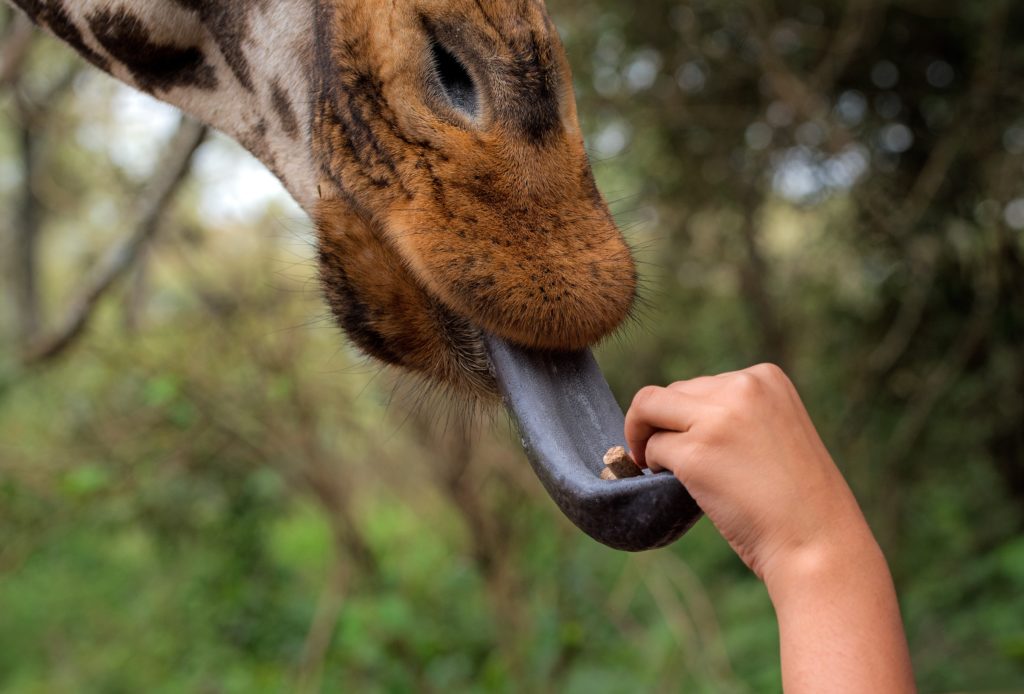
Taste or gustation refers to the capability to detect the taste of substances such as food, certain minerals, and poisons, etc. The sense of taste is often confused with the “sense” of flavor, which is a combination of taste and smell perception.
Humans receive tastes through sensory organs called taste buds concentrated on the upper surface of the tongue. There are five basic tastes: sweet, bitter, sour, salty and umami.
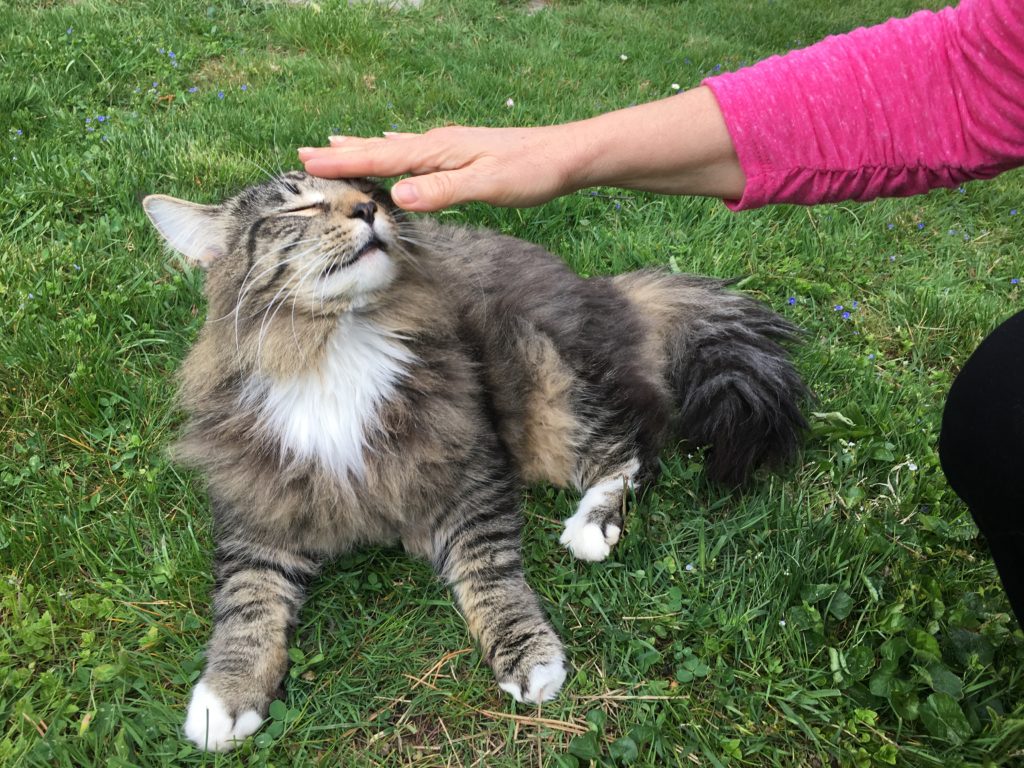
Touch or somatosensory is a perception resulting from activation of neural receptors, generally in the skin, and a variety of pressure receptors respond to variations in pressure.
On some parts of our skin — such as our hands — a large quantity of neural receptors are packed into a small area, giving those parts of our skin a much better ability to gather information and to discern shapes, sizes, and textures. With our eyes closed, we can easily determine the shape and size of a small object just by touching it with our hands. This is very hard to do with any other part of our skin. Part of the trick is that we don’t have to feel the entire surface at once. It is our brain that puts the information together.
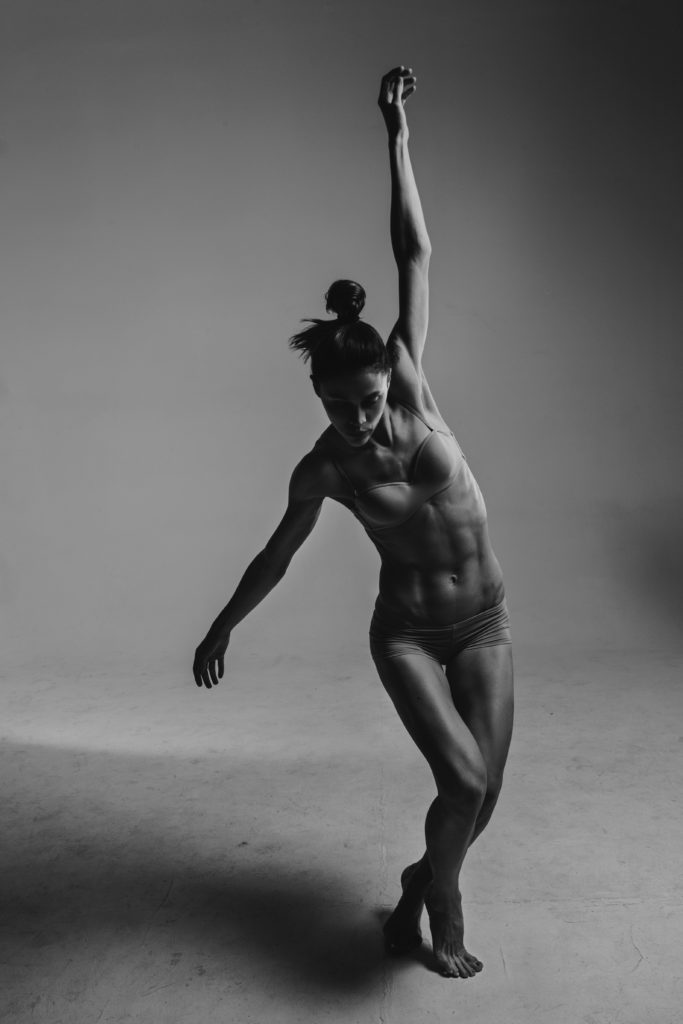
Proprioception – Body Awareness Sense – Sense of Position is the sense of the relative position of parts of the body and strength of effort being employed in movement. This sense is very important as it lets us know exactly where our body parts are, how we are positioned in space and to plan our movements. Examples of our proprioception in practice include being able to clap our hands together with our eyes closed, write with a pencil and apply with correct pressure, and navigate through a narrow space. It is sometimes described as the “sixth sense”.
Proprioception is what allows someone to learn to walk in complete darkness without losing balance. During the learning of any new skill, sport, or art, it is usually necessary to become familiar with some proprioceptive tasks specific to that activity. Without the appropriate integration of proprioceptive input, an artist would not be able to brush paint onto a canvas without looking at the hand as it moved the brush over the canvas; it would be impossible to drive an automobile because a motorist would not be able to steer or use the pedals while looking at the road ahead; a person could not touch type or perform ballet; and people would not even be able to walk without watching where they put their feet.

Vestibular – Movement or Balance Sense – Equilibrioception explains the perception of our body in relation to gravity, movement and balance. The vestibular system measures acceleration, g-force, body movements and head position. Examples of the vestibular system in practice include knowing that you are moving when you are in an elevator, knowing whether you are lying down or sitting up, and being able to walk along a balance beam.
To detect gravity and acceleration we rely upon the semi-circular canals in our inner ears. Even though gravity is a phenomenon that originates outside of our bodies, the only thing we learn from detecting it is which way is “up”, which allows us to maintain our bodies in an upright position as we stand or walk — even when our eyes are closed.
…
______________________________________________________________________________
Your Weekend Facilitators
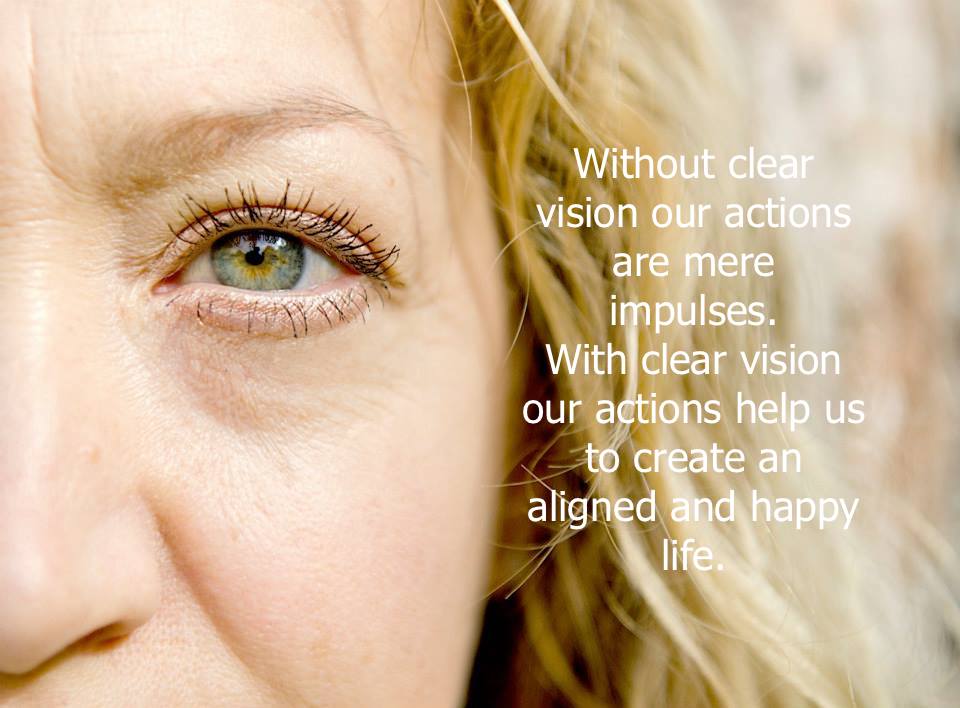
Melina
your State of Flow Guide
Melina is a spirit mentor, holistic coach, therapist, and an energy-consciousness teacher. With an INSEAD MBA, 15 years of corporate business experience, and nearly a decade of exploration in energy-consciousness, she brings a truly unique formula into her courses. Combining cutting-edge science and research together with ancient wisdom, she pushes the boundaries of what reality is for each of her students, helping them experience their energy-consciousness and uncover their innate abilities. She is passionate about empowering everyone to thrive holistically. Each of her courses provides practical application of the techniques used and individual follow-up is offered and included for all students.
…
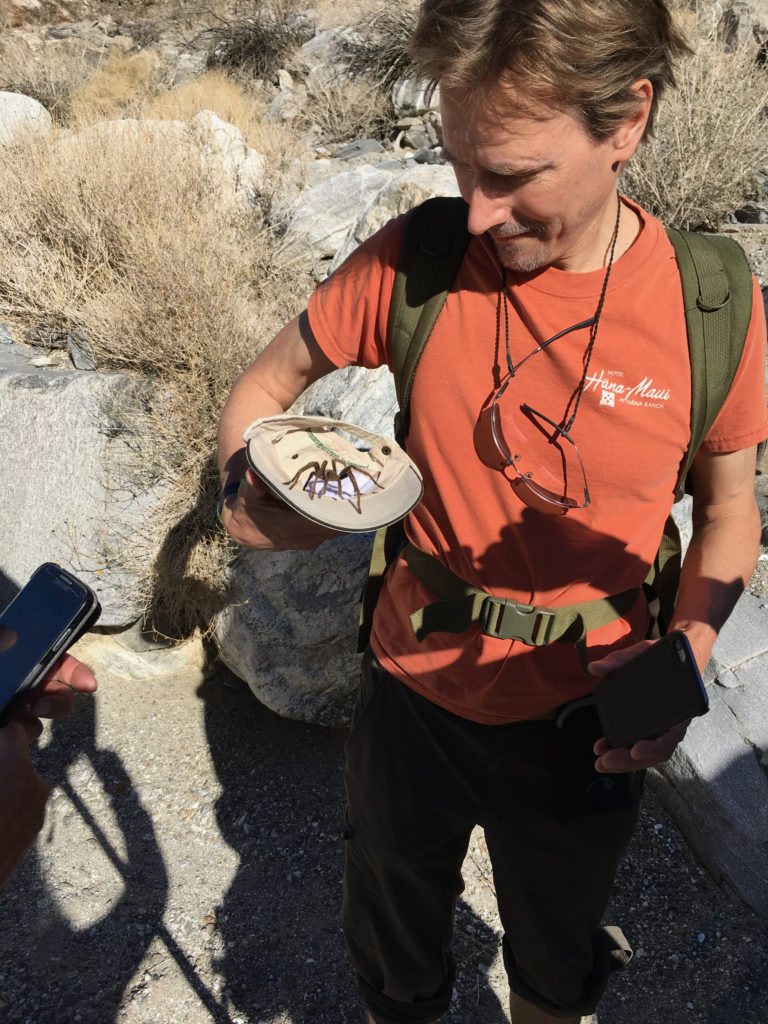
Marc
your Nature Guide
Marc is an avid gardener, beekeeper and nature explorer, having always been deeply connected to nature. He experiences gardening and walking in nature as a moving meditation and as a way to recharge through the physical connection with the earth. His passion for beekeeping comes from his desire to give back to nature, his fascination with the natural organizing structure within beehives, and his love of honey, both the nectar of the gods and the meaning of his wife’s name. He is an experienced hiker and nature guide, having the natural energetic state of flow that allows him to pick up tarantulas without risk. When he is not out in nature, he is a Geneva parliament member, an investment advisor, and a connoisseur of fine wines. Marc has an MA in banking and finance from the University of St. Gallen.
…
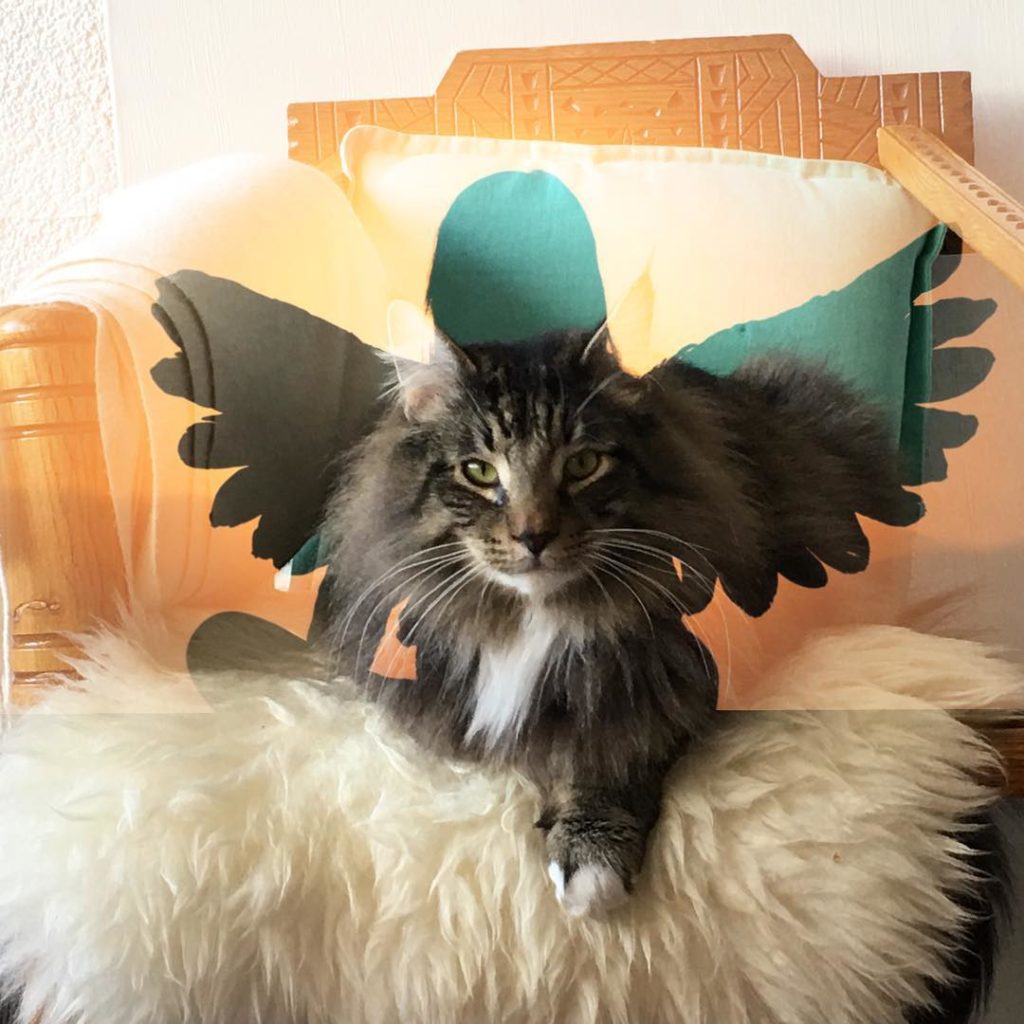
Cornelius
Strawberry Hill’s
Power Animal
& Spirit Guide
…
10:00-18:00 – 2 days – Saturday-Sunday
Price: $400 or SFr. 400 including homemade vegetarian lunch for groups of 4 or more.
Private course can be organized.
Location: Sedona, Arizona or Geneva, Switzerland
Reserve your place by sending an email.
…